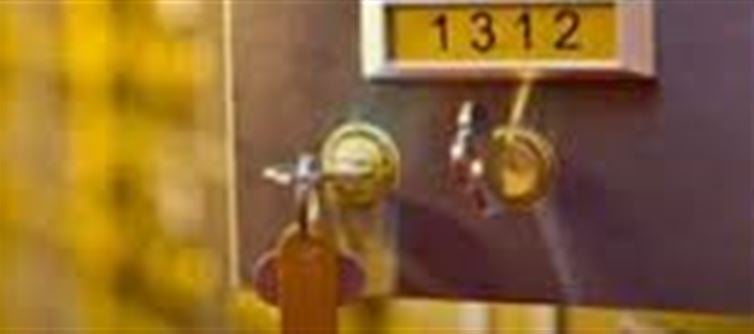
A major change in bank locker regulations is set to take effect from November 1st, 2025. These new rules are aimed at increasing transparency and ensuring smoother management of locker operations in banks across India.
1️⃣ What’s Changing?
Previously, bank lockers were operated mostly on a first-come, first-served basis, and priority in case of emergencies or disputes was not clearly defined. From November 1st, banks will be required to:
· Maintain a priority list for locker holders.
· Clearly define the order of access in cases of multiple holders or joint accounts.
· Ensure that all locker agreements are updated with nominee details.
2️⃣ Why This Change?
The new rule is designed to:
· Prevent disputes among joint locker holders.
· Ensure that in case of death or emergency, the rightful person gets access to the locker.
· Streamline locker management for banks, reducing delays in access.
3️⃣ Key Actions for Locker Holders
If you have a bank locker, you should:
1. Update nominee details if not done already.
2. Confirm your priority order with the bank if multiple holders exist.
3. Ensure all documents are complete and current to avoid access issues.
4. For joint lockers, clearly decide who will be the primary access holder in emergencies.
4️⃣ Takeaway
Starting November 1st, all bank lockers will follow the new priority rules. Locker holders must update records to avoid complications and ensure their assets are accessible when needed.
Disclaimer:
The views and opinions expressed in this article are those of the author and do not necessarily reflect the official policy or position of any agency, organization, employer, or company. All information provided is for general informational purposes only. While every effort has been made to ensure accuracy, we make no representations or warranties of any kind, express or implied, about the completeness, reliability, or suitability of the information contained herein. Readers are advised to verify facts and seek professional advice where necessary. Any reliance placed on such information is strictly at the reader’s own risk.




 click and follow Indiaherald WhatsApp channel
click and follow Indiaherald WhatsApp channel